Your medical school application has many moving parts. Along with your GPA, MCAT score, and personal statement, you’ll also need to obtain letters of recommendation from trusted professors or supervisors. Most schools require at least three references, with some requiring as many as five.
References from experienced instructors and clinicians are taken seriously by admissions committees. How you go about securing these references matters. Here are our tips for making sure you can get letters of recommendation that help strengthen your application.
What a Letter of Recommendation Should Do
A letter of recommendation needs to show you in the best possible light, and it needs to come from someone who is in a position to understand what medical school (and a medical career) involves. Sometimes, students may be tempted to ask for letters of recommendation from the person in their network with the most impressive title or reputation, such as a dean or clinical director. If that person doesn’t know you well, this is a mistake.
Likewise, you don’t want your letter to come from people who are too familiar with you, such as family, friends (even those who work in medicine), or supervisors from irrelevant jobs or activities. Your letters need to speak to your professionalism first, not your personal qualities.
Depending on the schools you’re applying to, you’ll need to obtain anywhere from three to five letters of recommendation. Ideally, these should come from:
- Two professors who taught your upper-level science courses
- One professor from a non-science course
- Two extracurricular supervisors, preferably in clinical experience, medical-related volunteering, or research
Note: if your college or your MSMS program offers a committee letter of recommendation – that is, a recommendation with input from multiple pre-health faculty – ask for one. Not doing so may cause medical schools to wonder if you didn’t receive one because of inadequate academic performance.
Choose Your Recommenders Wisely
So, the references you choose are key. It’s important to pick people who will give you a rave review. When it comes to academics, it’s best to choose professors who are willing to enthusiastically vouch for your academic potential as a medical student. These professors should also be familiar with your work ethic, problem-solving skills, and ability to handle challenging coursework. Ideally, you’ll have spent time building a strong rapport with these professors, whether by regularly attending office hours or participating in research experiences.
If you have clinical experience, a recommendation from a physician or healthcare professional who has supervised you can add significant value. They can attest to your clinical skills, empathy, and suitability for a patient-facing role. If you participated in research opportunities, a letter from a research mentor can highlight your critical thinking, dedication, and understanding of how scientific inquiry works. This is particularly important if you're applying to research-intensive medical schools.
A final note: remember that some references may say no to your request, or may have to rescind their offer because of work or personal circumstances. It’s always a good idea to have some backup candidates in mind.
Make the Request Strategically
When and how you ask for a medical school letter of recommendation is as important as who you ask. Request letters early – at least two to three months ahead of time. It’s also good to make sure you ask references to submit their letters a week before your actual deadline, just in case. This gives them ample time to write a thoughtful and detailed letter. (It also gives you time to gently remind them – professors and medical professionals are busy people!)
Approach your potential recommenders with a clear and respectful request. Explain why you are asking them specifically and how their perspective would be valuable to your application. Supply your recommenders with everything they need to write a focused and relevant letter, including:
- Your resume
- Your current transcripts
- Your MCAT score
- A draft (preferably a final draft) of your personal statement
Remember that your references won’t give the letters directly to you: they’ll submit them electronically. Make sure you provide all the information letter-writers need to submit to the correct application service.
Follow Up and Express Gratitude
After the letters have been submitted, send a thank-you note to your references expressing your gratitude for their time and support. A personal touch can leave a positive impression and maintain a good relationship for future needs. Also, don’t forget to let your recommenders know whether or not you were successful in your efforts! They will be glad to congratulate you if you’re accepted to medical school, and may be able to offer important feedback if you didn’t get in this time, but want to reapply. Good luck!



